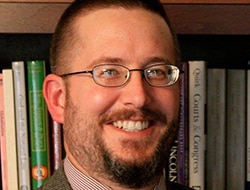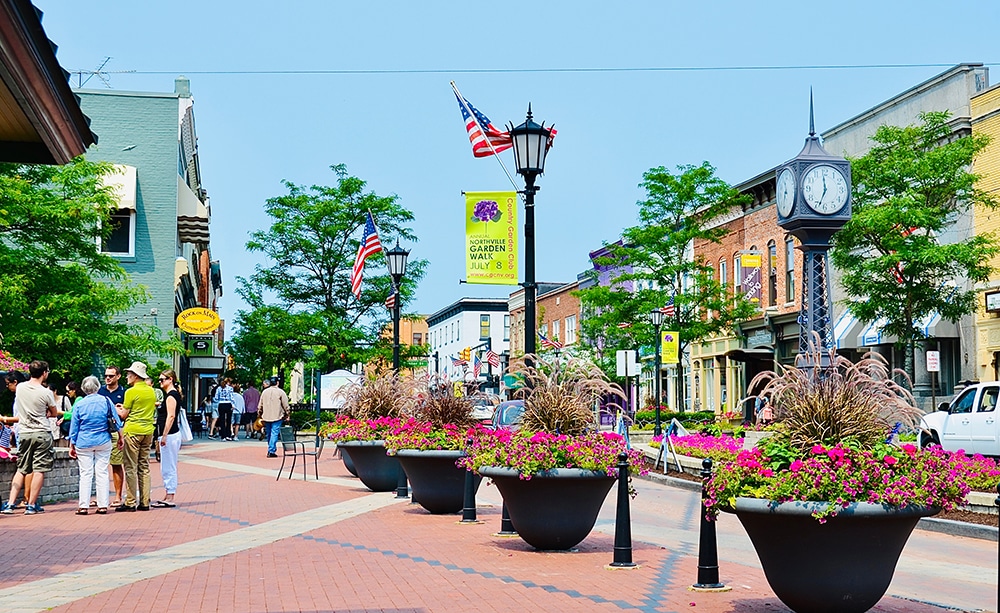
We’re a little more than three weeks from Election Day 2020, and with any luck no more than a year from knowing who was elected president on the first Tuesday of November.
My thoughts today, however, are not about the election, though they are occasioned by them. In 2004, in the midst of another contentious presidential election held in the wake of the invasions of Afghanistan and Iraq, the country-rocker Steve Earle released an album entitled “The Revolution Starts Now.” Earle has always worn his politics on his sleeve, and a number of tracks on the album left little doubt where he stood on the matter of George W. Bush’s reelection.
But the title of his work was not quite as straightforward as it seemed. The album was named after the track that bookended the rest of the songs, and the lyrics made it clear that this particular anthem was not exactly one that might be embraced by an army of antifa dead set on removing the current occupant of the White House by force. Indeed, to my Catholic ears, those lyrics sounded a lot like lines Pope Leo XIII might have included in Rerum Novarum, had the Holy Father been born in Fort Monroe, Virginia, and grown up around San Antone.
Leo, of course, was no revolutionary, but he was a radical, in the true sense of the term — someone who is always trying to get back to the radix, the root, the source. For us as Christians, of course, Christ is both the source and the summit of our existence, but when we speak of the origins of culture and the organization of society, we recognize (as Pope Francis recently pointed out once again in Fratelli Tutti) that human solidarity at the national or even global level is only possible when it is built on “the participation and activity of communities and organizations on lower levels.”
History is clear: The larger and more comprehensive human structures are, the less likely they are to last (proof in itself that the Church is not merely human but divine). William Butler Yeats wrote, “Things fall apart; the centre cannot hold; / Mere anarchy is loosed upon the world.” The implosion of nation-states, the reduction of national politics to a less civilized version of actual civil war — none of this should be surprising to Catholics who understand the Church’s teaching on original sin and the lessons we are meant to draw from the Tower of Babel.
Indeed, we know how hard it is to keep the peace in our own families, to mend the ties that bind once they start fraying. But that is work on a human scale, work that can be accomplished, work that is worth the effort. The difference between culture and economic organization and political structures imposed from the top down and the same built from the family outward is the difference between a pattern stamped on a cheap piece of mass-produced fabric that quickly grows threadbare with use and needs to be replaced within a few years, and a handwoven rug that can endure decades of being trod on by feet young and old before being handed down with love to another generation.
Come Nov. 3, go out and vote, not just for president but for the even more important offices, like sheriff and city councilman and dogcatcher. And if you can, walk to the polls with your family or neighbors, and take a look around as you do. Because the places and the people you can see and hear as you walk the streets of your hometown, and not what will be beamed into your eyes on election night from your TV screen, are what matter most.
“Yeah the revolution starts now / In your own backyard / In your own hometown / So what you doin’ standin’ around? / Just follow your heart / The revolution starts now.”
Scott P. Richert is publisher for OSV.

